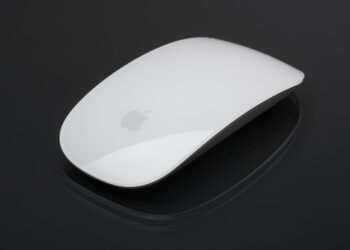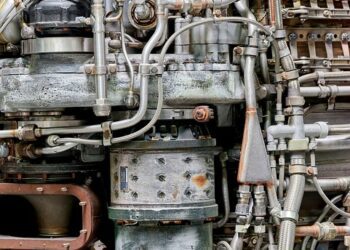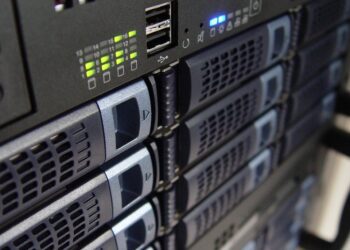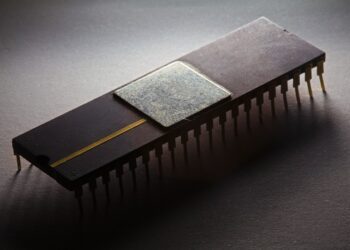The Rise of Industrial IoT: How Businesses are Leveraging Connected Technologies for Success
In today’s fast-paced and interconnected world, the Internet of Things (IoT) is revolutionizing the way businesses operate. One of the key areas where IoT is making a significant impact is in the industrial sector, where connected technologies are being leveraged to drive operational efficiency, improve productivity, and increase profitability.
Industrial IoT, also known as IIoT, refers to the use of connected devices, sensors, and data analytics to optimize industrial processes and improve decision-making. These technologies enable businesses to monitor and control a wide range of equipment and machinery remotely, in real-time. By collecting and analyzing data from these devices, companies can gain valuable insights into their operations, identify areas for improvement, and make informed business decisions.
Businesses across various industries are increasingly recognizing the potential of IIoT to transform their operations and drive growth. In manufacturing, for example, IIoT technologies are being used to monitor equipment performance, predict maintenance issues before they occur, and optimize production processes. This not only helps companies reduce downtime and maintenance costs but also improve product quality and customer satisfaction.
In the energy sector, IIoT is being used to monitor and control complex systems such as power grids and oil refineries. By leveraging connected technologies, companies can optimize energy consumption, prevent equipment failures, and ensure the safety and reliability of their operations.
The agriculture industry is also benefiting from the adoption of IIoT technologies. By using sensors to monitor soil conditions, weather patterns, and crop health, farmers can make data-driven decisions to optimize crop yields, reduce water usage, and minimize the use of pesticides and fertilizers.
The transportation and logistics sector is another area where IIoT is driving significant innovation. Connected devices and sensors are being used to track the location of vehicles, monitor driver behavior, and optimize route planning and delivery scheduling. This helps companies improve fleet efficiency, reduce fuel consumption, and enhance customer satisfaction.
Overall, the rise of industrial IoT is transforming the way businesses operate, enabling them to achieve higher levels of efficiency, productivity, and profitability. By leveraging connected technologies and data analytics, companies can gain a competitive edge in their respective industries, drive innovation, and meet the evolving needs of their customers.
As IIoT continues to evolve and become more widespread, businesses will need to adapt and embrace these technologies to stay ahead of the competition. Those that successfully integrate IoT into their operations will be better positioned to thrive in the digital age and capitalize on the countless opportunities that connected technologies have to offer.








